Dusky leaf monkey (Trachypithecus obscurus)
(also called Dusky Langur, Spectacled Langur)
The Dusky Leaf Monkey is a gentle and highly social primate native to parts of Southeast Asia. Its distinctive white circles around the eyes and mouth give it a comical, “spectacled” appearance, making it one of the most easily recognized langurs. It belongs to the Colobinae subfamily, specialized for a diet of leaves.
🐒 Identification
- Body length: 40–60 cm
- Tail length: 50–85 cm
- Weight: 6–8 kg
Appearance:
- Fur: Thick, soft, and dark grey to blackish, sometimes with a slight brownish tinge
- Face: Hairless, dark-colored face with:
- White circles around the eyes
- White area around the mouth
- Hands and feet: Pale or whitish in contrast to the dark body
- Juveniles: Bright orange or golden fur at birth, which gradually darkens with age
Their “spectacled” appearance makes them quite distinct from other primates.
🌿 Habitat
- Primary habitats:
- Tropical rainforests
- Mangroves
- Coastal forests
- Secondary growth and plantation forests
- Limestone hills
- Altitude range: Sea level up to ~1,500 meters
Found in southern Thailand, Peninsular Malaysia, and parts of Myanmar.
🍽️ Diet
As folivores (leaf-eaters), Dusky Leaf Monkeys primarily consume:
- Young leaves (main diet)
- Fruits
- Flowers
- Seeds
- Occasionally shoots and bark
They have a complex, multi-chambered stomach adapted to ferment tough plant material, allowing them to extract nutrients from leaves.
🔁 Behavior & Life Cycle
Social structure:
- Live in small to medium-sized groups (5–20 individuals), typically:
- One dominant adult male
- Several females with their offspring
- Sub-adult and juvenile individuals
Breeding:
- No fixed breeding season; births can occur year-round
- Gestation: ~145–150 days
- Usually give birth to a single infant
- Mothers are very protective; all group members may help care for infants (allomothering)
Behavior:
- Diurnal: Active during the day
- Spend most of their time in trees (arboreal)
- Calm, gentle, and less aggressive than many other primates
- Use a wide range of vocalizations, facial expressions, and body postures for communication
🌍 Distribution
Native to parts of Southeast Asia:
- Southern Thailand
- Peninsular Malaysia
- Parts of Myanmar
Closely related species and subspecies may be found across the broader Trachypithecus group.
🧬 Interesting Facts
- Infant color change (from orange to dark) is believed to help adults easily recognize and protect vulnerable newborns.
- Leaf-eating primates like dusky langurs have evolved specialized gut bacteria to help digest fibrous leaves.
- Because of their gentle nature and striking appearance, they are popular among tourists and wildlife photographers.
- They are mostly shy but may be tolerant of humans in certain tourist areas.
🛡️ Conservation Status
- IUCN Red List: Near Threatened
- Major threats:
- Habitat destruction (deforestation, agriculture, development)
- Hunting (for pet trade, bushmeat)
- Human disturbance
Conservation efforts focus on habitat protection, anti-poaching measures, and education.
The Dusky Leaf Monkey (Trachypithecus obscurus) is a peaceful and beautiful species perfectly adapted to life in Southeast Asia’s forests. Its expressive face and unique social behaviors make it a fascinating subject for both science and nature lovers.
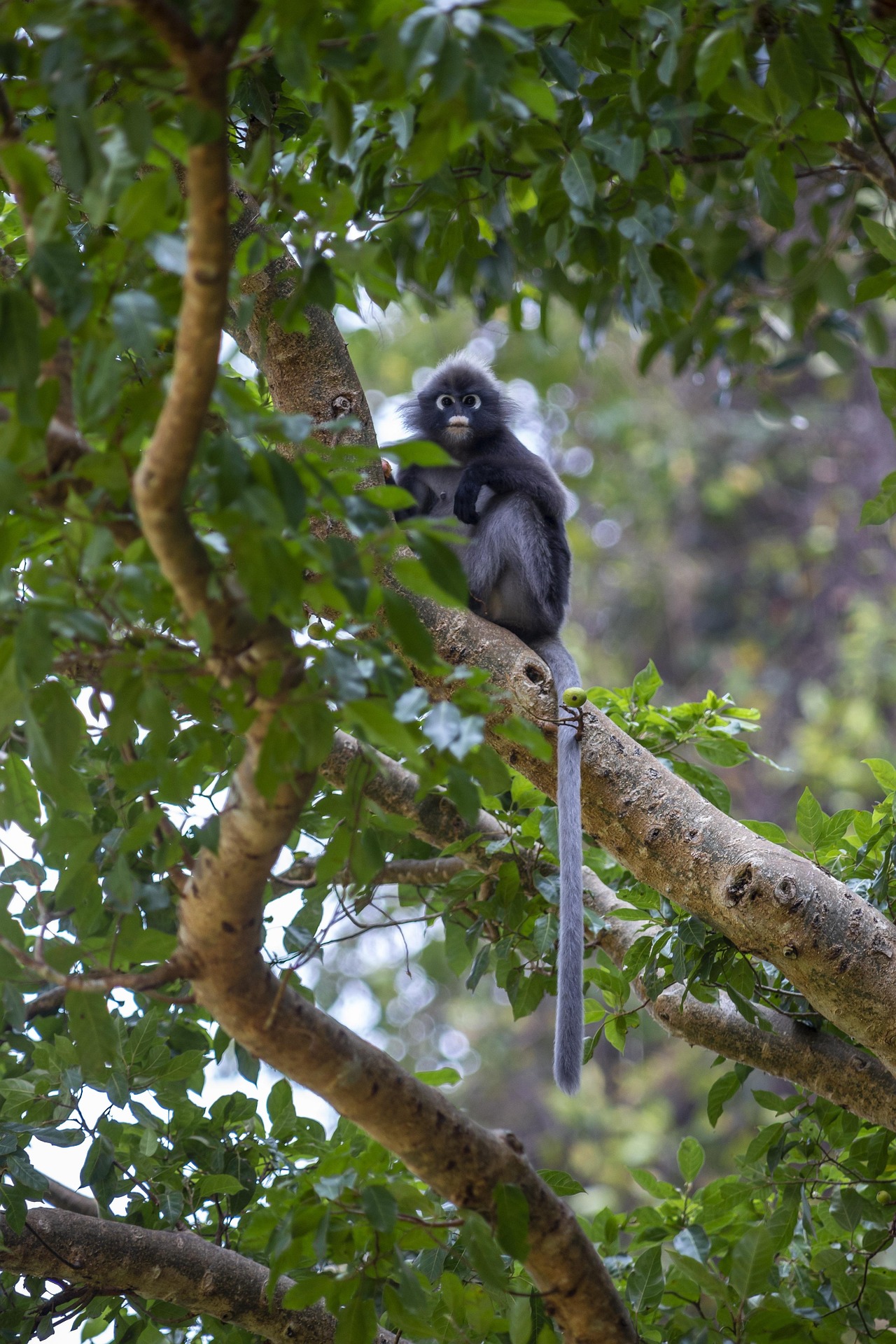
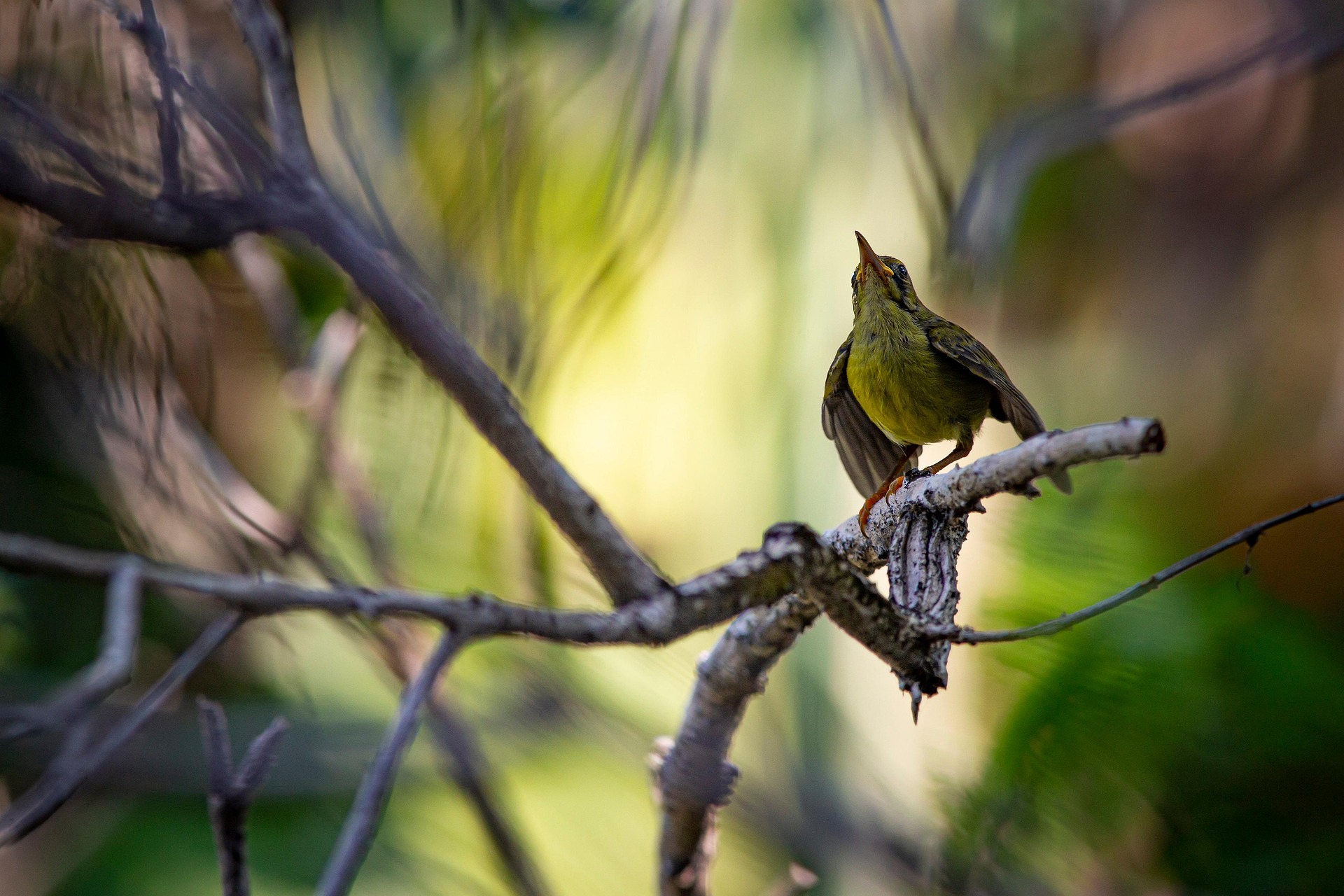
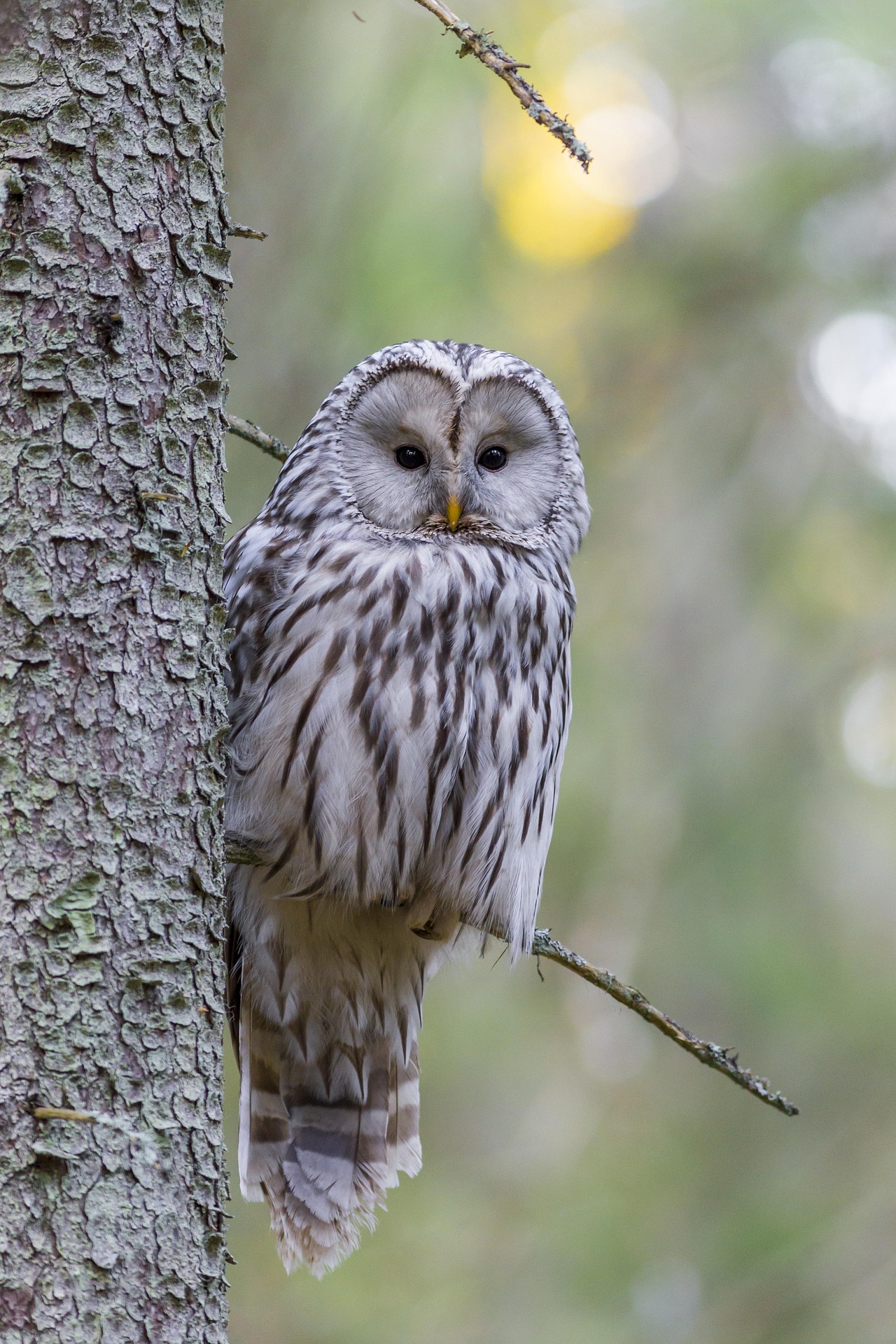

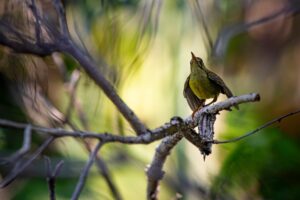
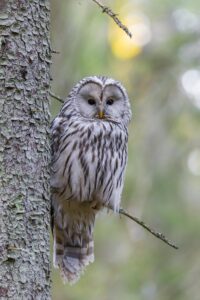
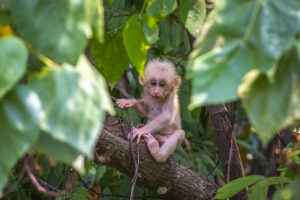
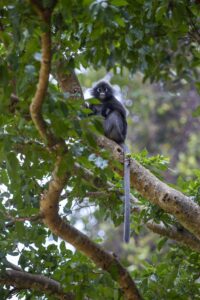
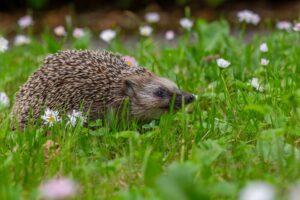
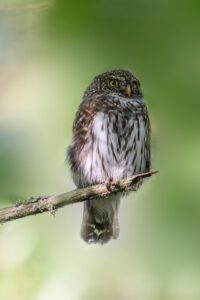
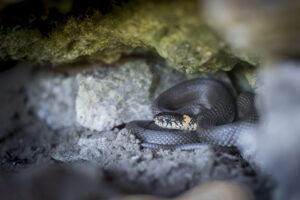
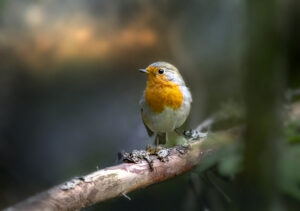

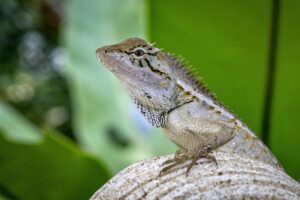
Post Comment